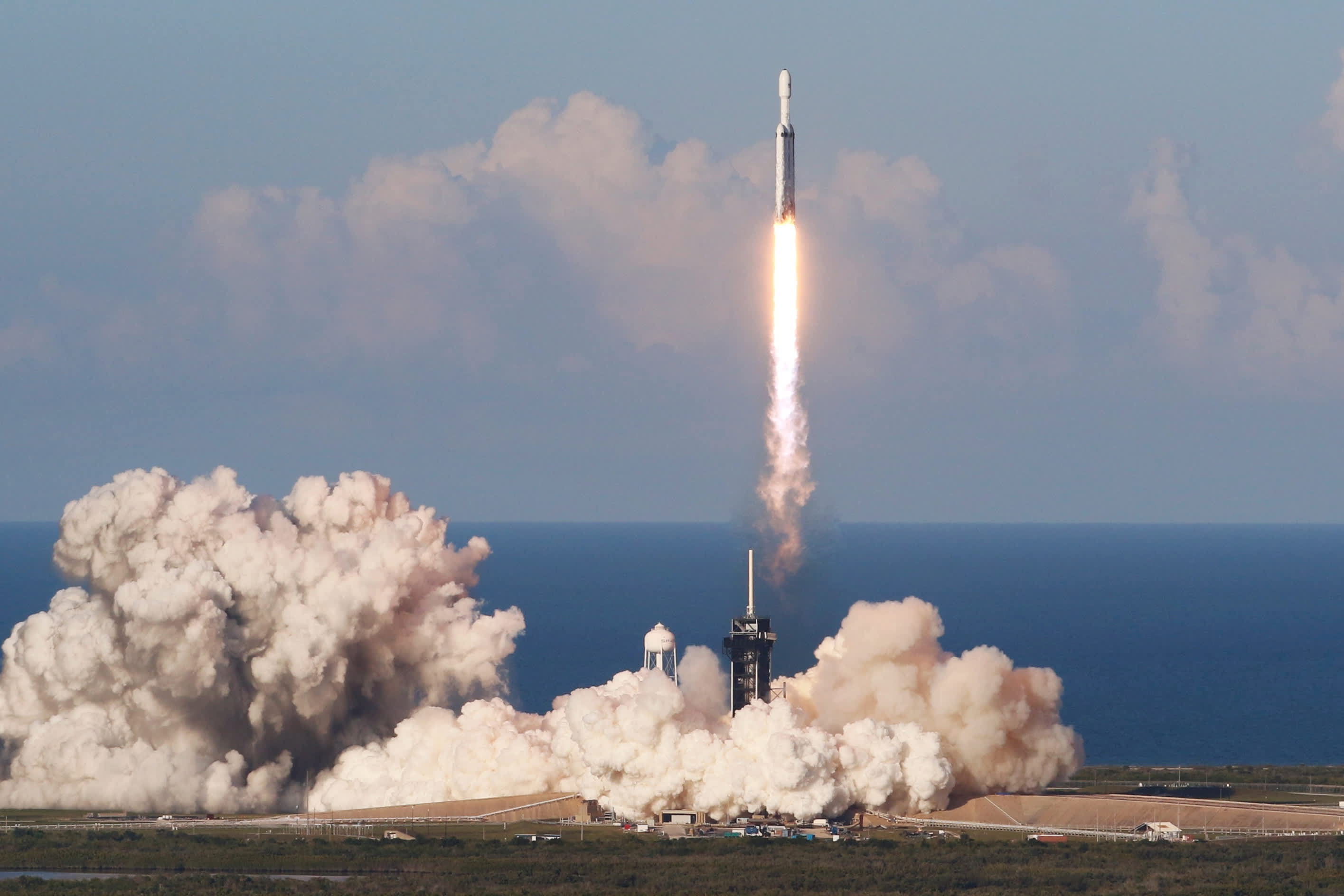Super-fast internet from satellites is the next big thing in the space race

As the global space race heats up, an increasing number of satellites is set to be launched into orbit by various companies working in the sector, according to the CEO of an Australia-based space start-up.
Much funding has gone into satellite activities that could benefit people on earth, and that includes new developments in areas such as satellite broadband internet, said Adam Gilmour from Gilmour Space Technologies.
"There's been billions and billions of dollars put into what's called 'new space' — and it's really about how space companies with satellites can benefit people on the planet: the farmers, the people with mobile phones, the miners, logistics companies, the list goes on and on," Gilmour told CNBC's "Capital Connection" on Friday.
Gilmour founded the start-up with his brother in 2013 to build low-cost small hybrid rockets that can carry satellites to space — the company expects its first orbital launch to happen in 2021.
Last year, it raised 19 million Australian dollars ($13.43 million) in Series B funding from local and international venture capital firms, including 500 Startups, private investors, and family offices. It also has operations in Singapore, according to its website.
The start-up also signed a Space Act agreement with the National Aeronatics and Space Administration (NASA) in February 2018 to work on various research, technology development and educational initiatives.
Under the agreement, Gilmour Space will pay the US space agency to work with them on rover testing at the Kennedy Space Center and potentially explore future activities in areas such as space transportation, propulsion, sustainability and life support systems.
Broadband internet — from space
The value of the space economy is set to go up from $340 billion currently to nearly $1 trillion over the next two decades — propelled by the combination of falling costs to launch rockets into orbit as well as advances in satellite technology, according to investment bank UBS.
While innovation in areas such as traditional satellites, government and military space applications is set to grow, the bank predicted the space economy will start to have major spillovers across other industries too — that includes satellite broadband internet.
"The big one is broadband internet from space," Gilmour said.
"SpaceX, Amazon and OneWeb have all invested billions of dollars already into putting up more than 15,000 small satellites, " he added, saying those are "about the size of a small fridge that will give very high speed internet broadband from space across the planet — no matter if you're in the Namibian desert or in the middle of Australia or in Antarctica."
Amazon is working on Project Kuiper, which aims to launch a network of 3,236 small satellites to create an interconnected network that beams high-speed internet to anywhere on Earth.
Meanwhile, Elon Musk's SpaceX is working on a satellite network — also for ultra-fast internet — which would consist of 11,943 satellites flying close to the planet. OneWeb, an internet satellite company backed by the likes of SoftBank, also has plans to launch about 650 satellites into orbit over the next two years.
Gilmour added that exponential growth in mobile data usage in recent years has spurred private companies to explore the concept of broadband internet from space.
"That's one of the biggest drivers of space and where the big business is going to be in the next five or ten years," he said.
— CNBC's Michael Sheetz contributed to this report.
Read More
No comments